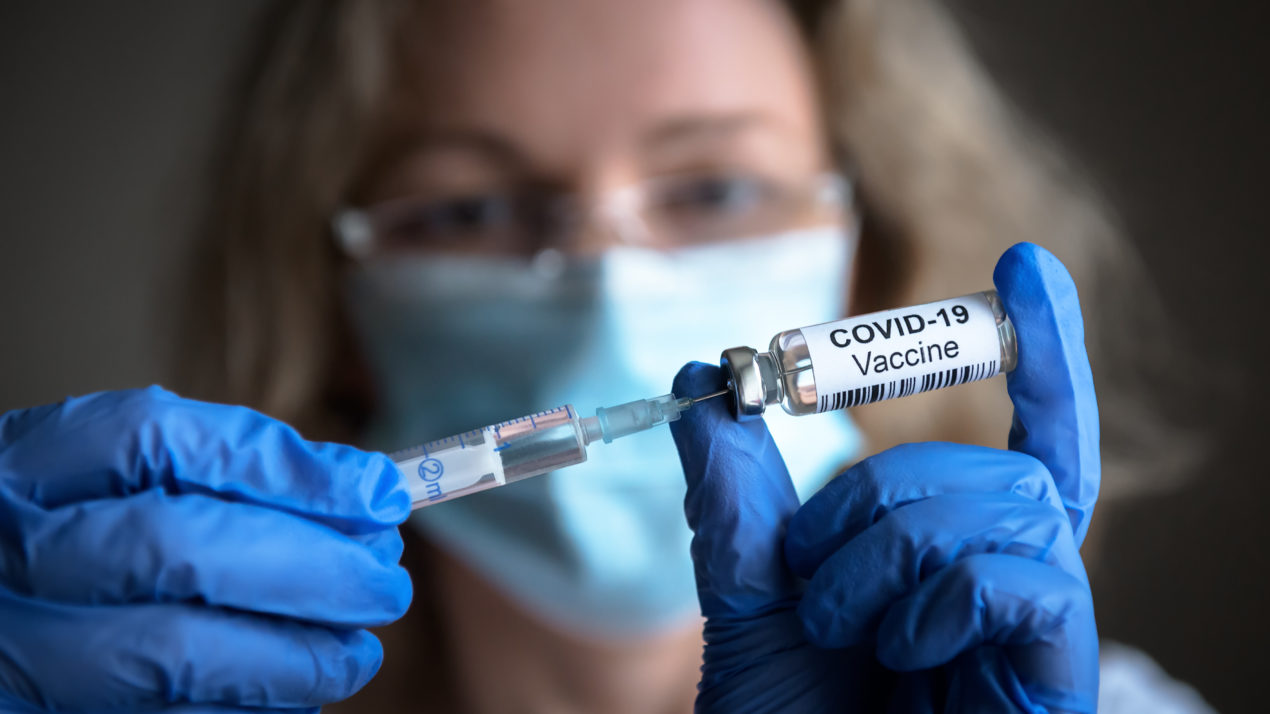
Concern for Community: Vaccines Key to Defeating COVID-19
BY DANIEL SMITH | August 11, 2021
Over the course of their shared history, cooperatives have adhered to Seven Cooperative Principles that guide governance, business management and engagement. These principles have served the cooperative system well through good times and bad, across multiple sectors and through changing economic, social and cultural environments.
The COVID-19 pandemic has caused enormous challenges for cooperatives, as it has for all businesses and for each of us, personally. Cooperative Network has worked diligently to help our members overcome these challenges and meet emerging opportunities. We are bullish on the future of our cooperatives and rural communities, but only if we can finally defeat COVID-19. When we do, we will once again be able to concentrate on providing the essential goods and services cooperatives provide to the general public.
This is why it is so important that cooperatives encourage their members and cohorts to be vaccinated against COVID-19. Cooperative Network is proud to include healthcare cooperatives across Minnesota and Wisconsin amongst our valued members. These healthcare cooperatives strive – using every available tool – to defeat COVID-19. Still, despite wide access to the vaccines, only about half the eligible population is vaccinated.
Vaccinations in rural communities continue to lag behind urban. There are multiple reasons for this, but lack of access is not among them. Our healthcare cooperatives and rural healthcare providers are well-positioned to serve the public. They continue to provide factual information, access and support. As essential parts of the rural communities they serve, they know our future economic and social well-being is dependent on a healthy, protected population.
Adversely, it is these very healthcare providers who suffer the greatest impact from the spread of COVID-19. Staff, facilities and resources are stressed to the limit serving those who become ill. This can only be controlled by expanding the number of people who have been vaccinated.
It is often stated that everyone is entitled to their own opinions but not to their own facts. Let’s consider the facts. Science has a successful record of developing safe vaccines against a wide array of coronaviruses, such as SARS and MERS. This past research provided the head start toward developing the COVID-19 vaccination. There are no live viruses in the COVID-19 vaccine. You cannot get COVID-19 from the vaccine, and the vaccine does not – in any way – interfere with your DNA.
Long-term protection from COVID-19 is only available through vaccination. While some people develop short-term side effects, this is normal with vaccinations and a good sign, proving that the body is building immunity against the virus. This is how the body learns to recognize COVID-19 and fight back, keeping you out of the hospital – and out of the morgue. These are not my words; it is the advice of the healthcare providers you know and trust every day.
Cooperatives are essential components of our rural communities and have been for generations. They have been guided by the Seven Principles of Cooperatives, one of which is “Concern for Community.” This is the time to live up to that principle. Cooperative Network supports our healthcare cooperatives, shares mutual concern for our rural communities and encourages the cooperative community to work together to put COVID-19 behind us. The first step toward doing so depends on a safe, vaccinated population.
About the author: Daniel Smith is the President and CEO of Cooperative Network, an association of cooperatives based in Madison and St. Paul, serving cooperatives with government affairs, advocacy, communications and support. Prior to joining Cooperative Network, Smith served as the Administrator for the Division of Agricultural Development at the Wisconsin Department of Agriculture, Trade and Consumer Protection and as CEO of Midwestern BioAg, a national farm supply company based in Wisconsin. A graduate of the University of Wisconsin-Madison, Smith owned and operated a dairy farm in northwestern Illinois for 30 years.

